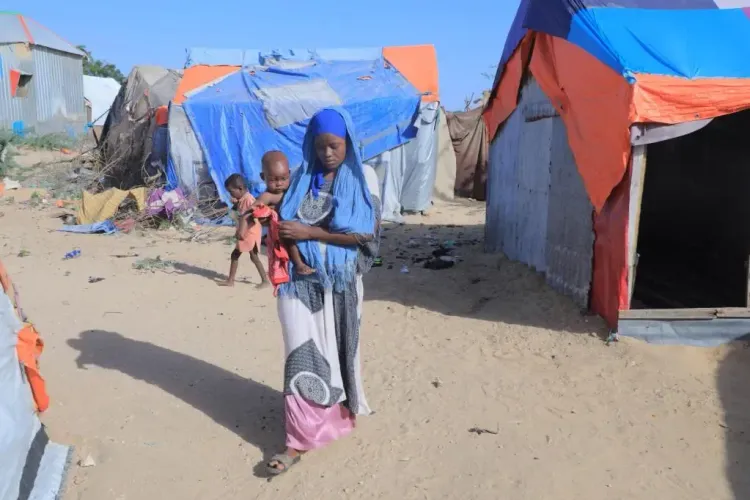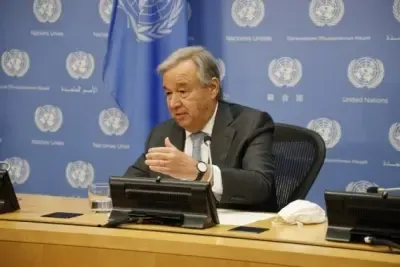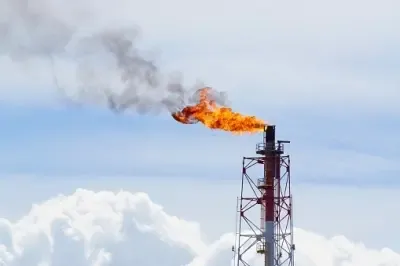United Nations Calls for Increased Resources to Combat Escalating Drought Crisis in Somalia

Synopsis
Key Takeaways
- UN calls for immediate resources to combat drought.
- OCHA warns of worsening humanitarian conditions.
- 4.4 million people face acute food insecurity.
- 1.6 million children likely to suffer from malnutrition.
- Emergency initiatives required for long-term resilience.
Mogadishu, Feb 10 (NationPress) The United Nations relief agency on Monday urged the need to gather more resources to combat a worsening drought crisis affecting multiple regions of Somalia.
The UN Office for the Coordination of Humanitarian Affairs (OCHA) cautioned that the ongoing spread of prolonged and severe dry conditions is exacerbating an already critical humanitarian situation in Somalia.
"To alleviate the situation, humanitarian organizations must swiftly mobilize and synchronize resources to tackle the worsening drought crisis and prepare for the expected challenges of the Gu (rainy) season," OCHA stated in its humanitarian update issued in Mogadishu, the capital of Somalia.
It noted that the insufficient performance of the October-to-December 2024 deyr (short) rains has resulted in drought conditions in southern and central regions, alongside the current hot and dry climate.
The Food and Agriculture Organisation of the United Nations (FAO) forecasts that the April-to-June Gu seasonal rains will be below-normal across most of Somalia, with a delayed start in crucial agricultural zones. OCHA indicated that above-average temperatures are expected to rise.
"Considering that drought conditions have progressively worsened since January, immediate humanitarian assistance and long-term resilience initiatives, including borehole drilling, livestock support, and sustainable water management, are urgently needed," OCHA emphasized.
It warned that food insecurity, malnutrition, and displacement will deteriorate in the upcoming months, disproportionately affecting women, children, and marginalized groups, as reported by Xinhua news agency.
Approximately 4.4 million individuals are experiencing high levels of acute food insecurity, with 1.6 million children likely to face acute malnutrition through July, according to OCHA.
In late 2024, the UN allocated $10 million for La Nina early response efforts in Somalia.
In January, OCHA initiated the Somalia 2025 Humanitarian Needs and Response Plan to assist around 4.6 million people out of 5.98 million who require aid this year due to major risks such as drought and conflict.
Drier conditions will lead to increased competition for resources, strain coping mechanisms, and elevate risks for disease outbreaks, OCHA reported.








